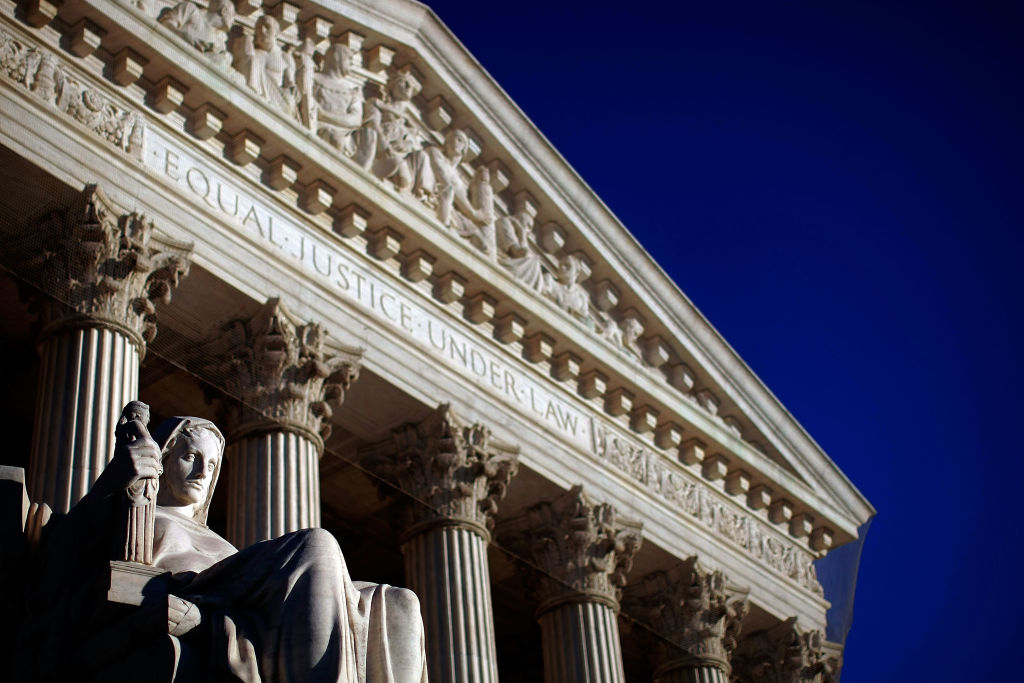A recent court ruling that held two educators responsible for their own firing due to their opposition to a proposed gender identity policy has sparked backlash from First Amendment experts, feminists, and doctors. The educators, Rachel Sager and Katie Medart, voiced their opposition during classroom breaks and through an advocacy campaign titled “I Resolve,” which argued for school restrooms and locker rooms to remain segregated by sex and for employees not to be forced to use students’ preferred pronouns.
U.S. Magistrate Judge Mark Clarke dismissed the educators’ lawsuit, stating they were responsible for “community backlash” to their speech as private citizens. He also ruled that their campaign sought to restrict students’ rights to express their sexualities and gender identities. This decision has been heavily criticized, with critics arguing that Clarke disregarded Supreme Court precedents on the speech rights of public employees and adopted pseudoscientific language.
The Foundation for Individual Rights and Expression (FIRE) claimed that Clarke’s dismissal “effectively endorses a heckler’s veto,” while the Alliance Defending Freedom and Pacific Justice Institute, representing the educators, stated that the 9th U.S. Circuit Court of Appeals has “repeatedly held that school districts may not retaliate against their employees because some disagree” with their views. They argued that the district unconstitutionally presumes to regulate the educators’ speech at all times, even when off campus and off duty.
Oregon’s constitution, they pointed out, provides even broader protection than the First Amendment and “specifically prohibits the government from enforcing a uniform vision on human sexuality.” Matthew Hoffman, ADF legal counsel, stated that advocating for solutions they believe in should not cost them their jobs, particularly when it comes to education policy.
After the ruling, Sager and Medart were reinstated to inferior positions. Medart was relegated to online school, limiting her interaction with students, while Sager quit.
FIRE’s brief argued that the district failed to meet the 9th Circuit’s criteria for regulating public employee speech on matters of public concern. It stated that disruption can only be invoked when it affects the classroom, not the local community, and must be caused by the speaking employees themselves, not outraged community members.













